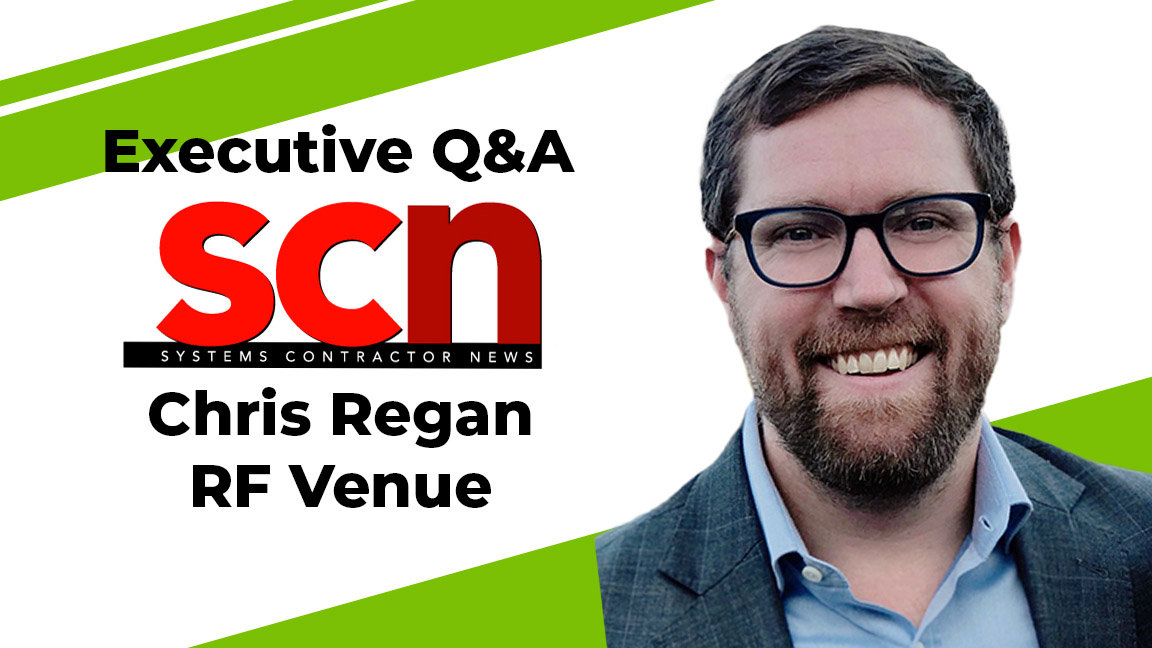A Love Note to the Audio Kingdom
A daily selection of features, industry news, and analysis for AV/IT professionals. Sign up below.
You are now subscribed
Your newsletter sign-up was successful
“Audio is King”—that was the soundest piece of advice that came from my college experience.
I first heard the statement in my digital journalism class, a course geared towards teaching us the skills necessary to produce and edit our own videos for a news environment. To explain, when my professor said “Audio is King,” he simply meant that audio needs to be your priority when producing these videos. With video, you have options in post-production—maybe that shot of your source is a little too dark, but as long as the audio sounds great, you can throw on some B roll to make the video a bit more appealing to the eye while still getting the important information to your viewer. But if the audio sounds bad, there’s not much you can do except re-record the segment.
The same idea can fall into any creative outlet that uses audio. Take music festivals, for example, where you have to set up a sound system that not only delivers clear sound to the thousands of people in the audience, but also doesn’t interfere with the sound coming from other stages. No one likes dropping $100-plus on a concert ticket to hear their favorite song muffled behind the sounds of another band performing around the corner; it’s the engineers’ jobs to make sure everything sounds perfect.
The concept fits in the recording studio setting as well—fortunately, in studios we have the advantage of a much more controlled environment, with access to gear that can help achieve that specific sound the artist is looking for. Even so, the artist still has to pick the perfect mic, merge it with the perfect amplifier and tweak the sound with the perfect effects. Today, you hear a lot of effects that bring the vocals or an instrument away from its original, natural sound, but even in that creativity, establishing a clear recording is key. Without that strong audio foundation, the final product will never sound exactly the way the artist imagined.
For me, audio has always played a very strong role in my life. I grew up with all the greats—The Who, Led Zeppelin, U2, The Rolling Stones—just one part of an eclectic music taste I owe to my mother. I was always the kid with a Walkman (and later, MP3 player) on the school bus completely engulfed in whatever artist I had recently discovered. Napster was my crack—finally having the ability to add a song to my playlist without needing to buy the CD or wait to record it, it’s easy to see how I went a little overboard before illegal downloading became…well, illegal. My point is that music has always been a huge part of my life, and career-wise, it brought me into audio.
If you haven’t noticed yet, my background lies in the studio—I was a radio DJ and producer before switching to the written media, most recently covering the music/pro audio industry with SCN’s sister publication, Pro Sound News. But audio is about so much more than just music—it’s just as important, if not MORE important, in the AV world, where clear audio might be the difference between a meeting going extremely well, or getting cut short. That’s why I’m excited to take on this new position as managing editor of SCN, and to delve into this new realm of audio (and video!). It’s just as much a practical solution to everyday technical challenges as it is an art form—and seeing how these two sides merge will be a great adventure.Kelleigh Welch is the Managing Editor of SCN.
A daily selection of the top stories for AV integrators, resellers and consultants. Sign up below.
